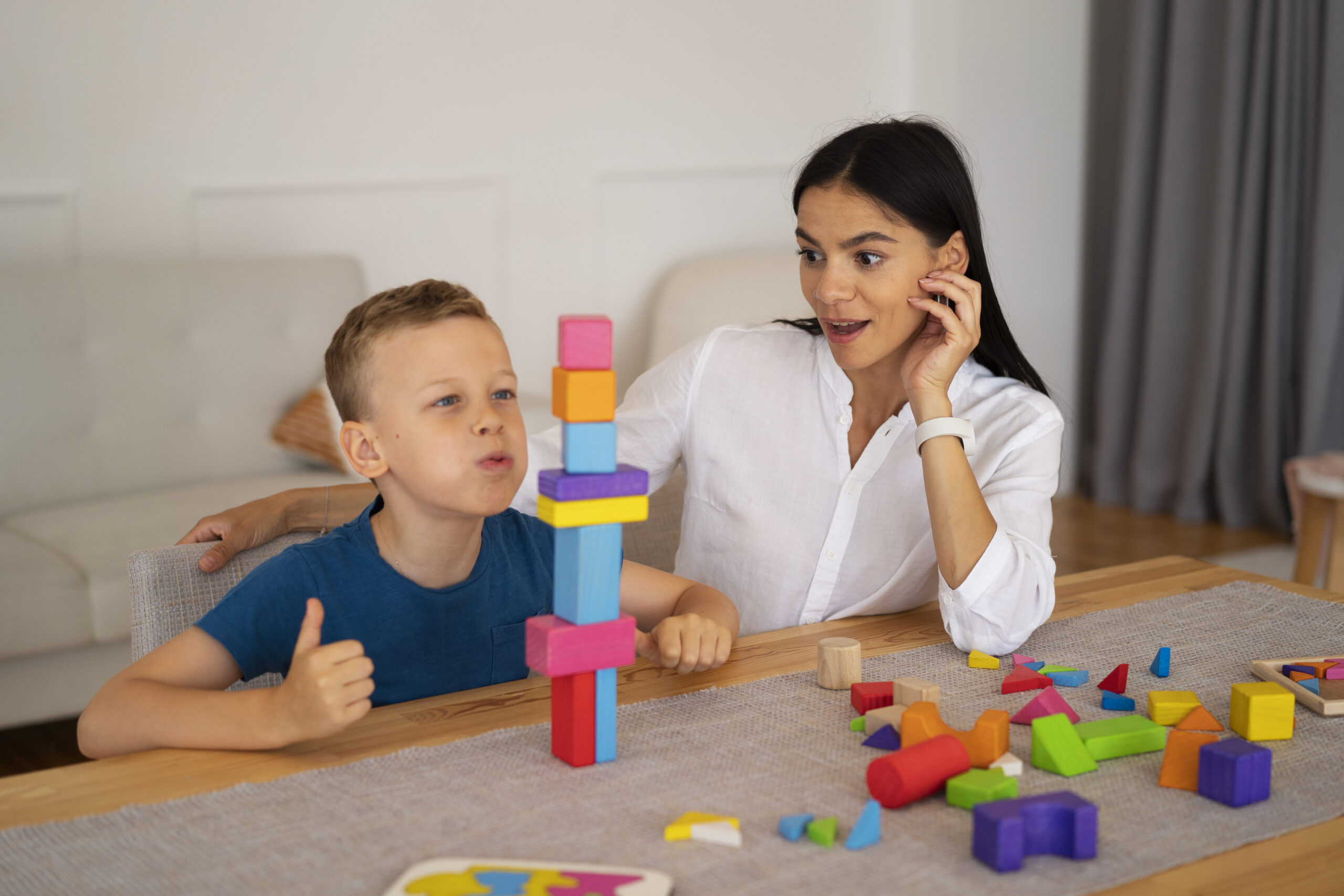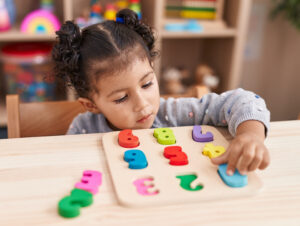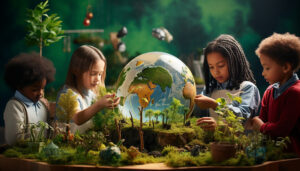Kindergarten is often seen as the first formal step in a child’s educational journey. While it may seem like a mere introduction to school, it plays a pivotal role in shaping a child’s future. This early stage of education is crucial for several reasons, from fostering cognitive and social development to laying the groundwork for future academic success. Here’s why kindergarten matters and how it impacts a child’s overall growth.
Early Cognitive Development
Kindergarten serves as a critical period for early cognitive development. During these formative years, children’s brains are highly receptive to learning. In a structured environment, they are introduced to foundational concepts in literacy and numeracy through engaging and interactive activities. By exploring letters, numbers, shapes, and patterns, children begin to develop essential skills that are vital for future academic endeavors. The cognitive skills acquired in kindergarten form the building blocks for more complex learning in later years.
Social and Emotional Growth
One of the most significant aspects of kindergarten is its focus on social and emotional development. Children learn to interact with their peers, navigate social situations, and develop important interpersonal skills. Kindergarten provides a setting where children can practice sharing, taking turns, and resolving conflicts. These experiences are crucial for building empathy, self-confidence, and resilience. Emotional intelligence gained in kindergarten helps children manage their feelings and build positive relationships throughout their lives.
Foundation for Lifelong Learning
Kindergarten is not just about learning basic academic skills; it’s also about instilling a love for learning. By introducing children to new concepts in a fun and engaging manner, kindergarten fosters curiosity and a positive attitude towards education. When children find joy in learning, they are more likely to be motivated and enthusiastic about their educational journey. This early love for learning lays a strong foundation for lifelong academic success and intellectual curiosity.
Development of Critical Thinking Skills
In kindergarten, children begin to develop critical thinking skills through problem-solving activities and hands-on experiences. They learn to ask questions, explore different solutions, and think creatively. This early exposure to critical thinking helps children become independent learners and effective problem solvers. As they grow older, these skills will be essential for academic achievement and everyday decision-making.
School Readiness
Kindergarten plays a crucial role in preparing children for the transition to elementary school. It helps them adjust to a structured environment, follow routines, and understand the expectations of a classroom setting. By developing early academic skills and learning how to work in a group, children become more confident and ready for the challenges of primary education. This smooth transition sets the stage for future academic success and a positive school experience.
Encouraging Physical Development
Physical development is another key component of kindergarten. Children engage in activities that enhance their gross and fine motor skills, such as running, jumping, and using art materials. These activities not only promote physical health but also support cognitive development. For instance, manipulating objects and participating in physical play help children develop hand-eye coordination and spatial awareness.
Parent and Teacher Collaboration
Kindergarten is also a time for building strong partnerships between parents and teachers. Effective communication between home and school ensures that children receive consistent support and encouragement. Teachers keep parents informed about their child’s progress and work together with families to address any concerns. This collaborative approach helps create a supportive learning environment that benefits the child’s overall development.
Preparing for the Future
The skills and experiences gained in kindergarten are crucial for preparing children for their future educational and personal lives. By fostering cognitive, social, and emotional development, kindergarten sets the stage for academic success and well-rounded growth. It equips children with the tools they need to navigate the challenges of the educational system and become lifelong learners.
In summary, kindergarten matters because it lays the groundwork for a child’s future success. It is a time of tremendous growth and development, providing children with the skills, knowledge, and confidence they need to thrive. Investing in a quality kindergarten experience ensures that children are well-prepared for the academic and social challenges that lie ahead, setting them on a path to lifelong success.




